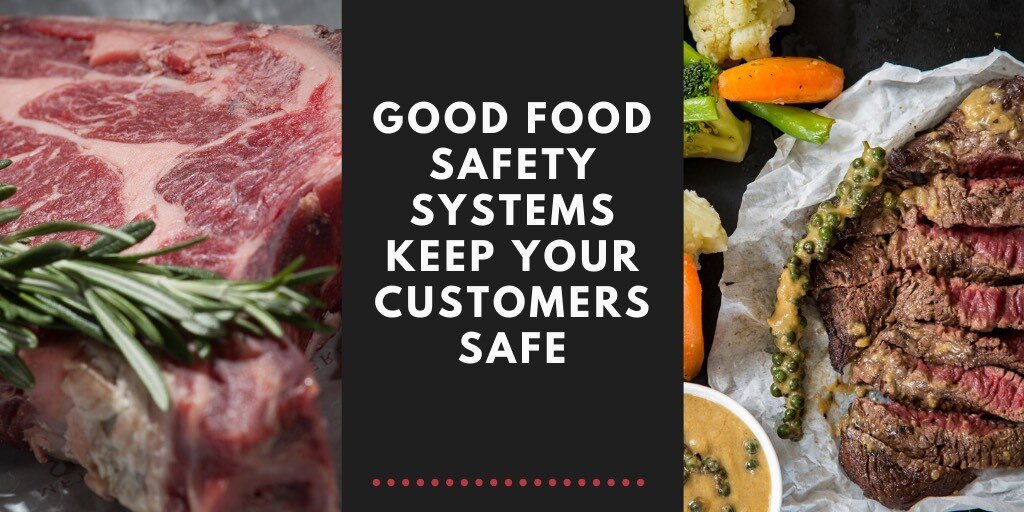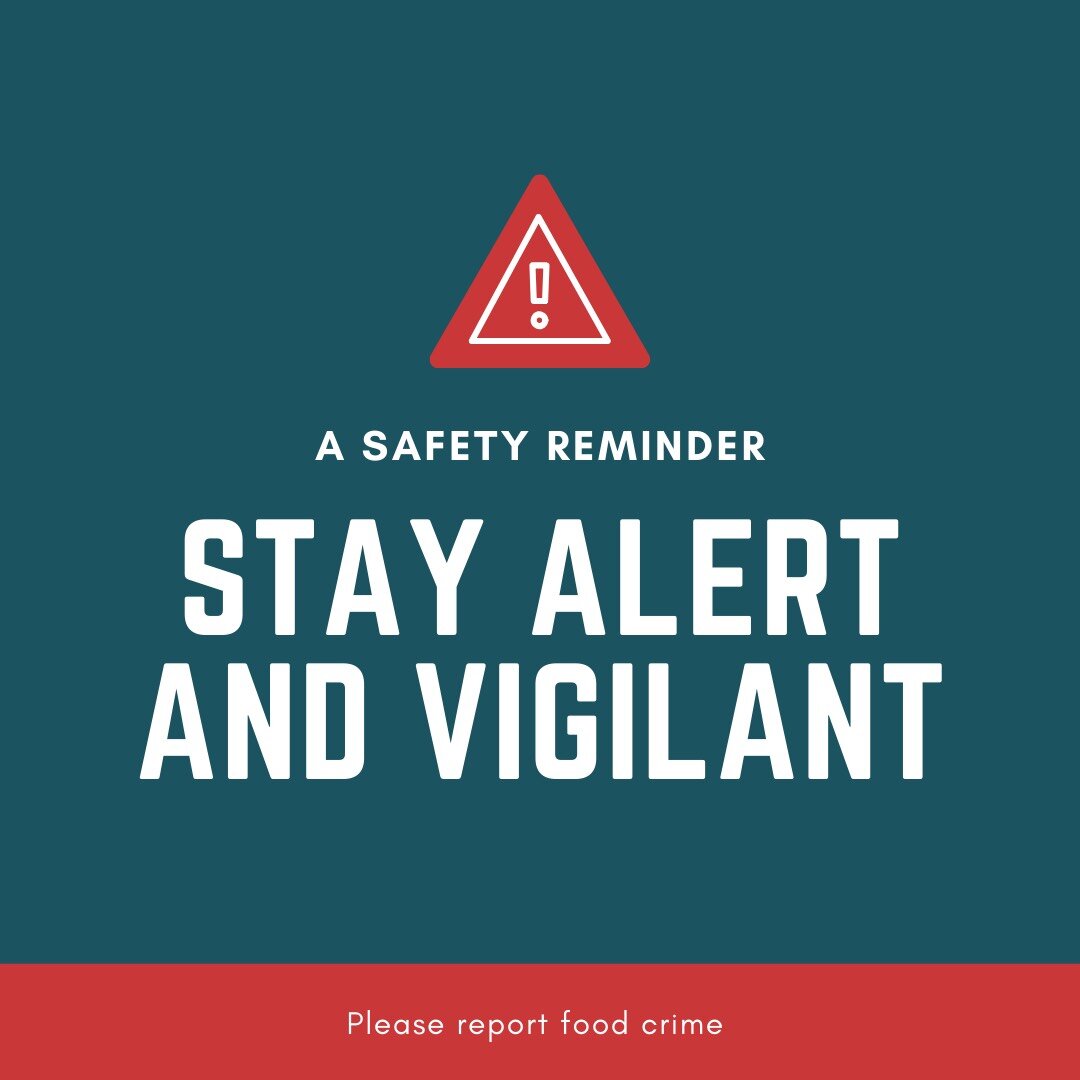National Food Safety Week
Earlier this week I posted on my LinkedIn about national food safety week in the UK. Food safety is something that I am very focused on so I want to discuss this topic in more detail. Food safety week is celebrated by the FSA between the 4th and 10th June 2020.
Food safety week is an annual event held to promote the importance of good food hygiene. It’s also a great opportunity to discuss the importance of health and hygiene! It is celebrated each year to help draw attention to foodborne risks and measures needed to prevent them. This calls for decision-makers to develop food safety infrastructure.
Do I need a food management system?
It is a LEGAL REQUIREMENT for all food business owners to write down their food safety systems also known as HACCP. If your business is taken to court you may be able to demonstrate that you had exercised diligence through arrangements in place to prevent an offence being committed.
A breach of regulation could threaten your business potentially leaving you open to poor food hygiene ratings, prosecution fines and enforcement notices or potential closure. More importantly, failure to manage food safety risks in your business could bring harm to your customers. We want and need to make sure consumers can trust the food on their plates!
Every day people get ill from the food they eat. Bacteria, viruses and parasites found in food can cause food poisoning. Foodborne illness more commonly referred to as food poisoning, is the result of eating contaminated, spoiled or toxic foods. If you take a moment to think about it I am sure you know of someone who may have had mild or serious symptoms. The number of cases is too high and we all have a responsibility to do our part to reduce this.
Did you know food crime exists?
Food Safety week also features FSA staff who try to tackle food crime. The FSA explains that food crime is serious fraud that impacts the safety and authenticity of food, drink or animal feed. It can seriously harm consumers, food businesses and the wider food industry. The Telegraph reported that 1,193 reports of food crime were made in 2018, this was the highest level since 2013 when the horse meat scandal took place. That year 1,517 complaints were logged.
The FSA states that Food crime can include theft, illegal processing such as slaughtering, waste diversion, adulteration such as fake quality labelling, substitution of food ingredients with similar but inferior products and misrepresentation. If you know or suspect food crime is happening, you should speak up about it through Food Crime Confidential by reporting it online or calling 0207 276 8787.
As a food business owner you must comply with food regulations. If you would like any help with your food management system please get in touch. I offer a free 30 minute consultation.
If you would like to read about World Food Safety Day 2020 visit the World Health Organisation’s website.



